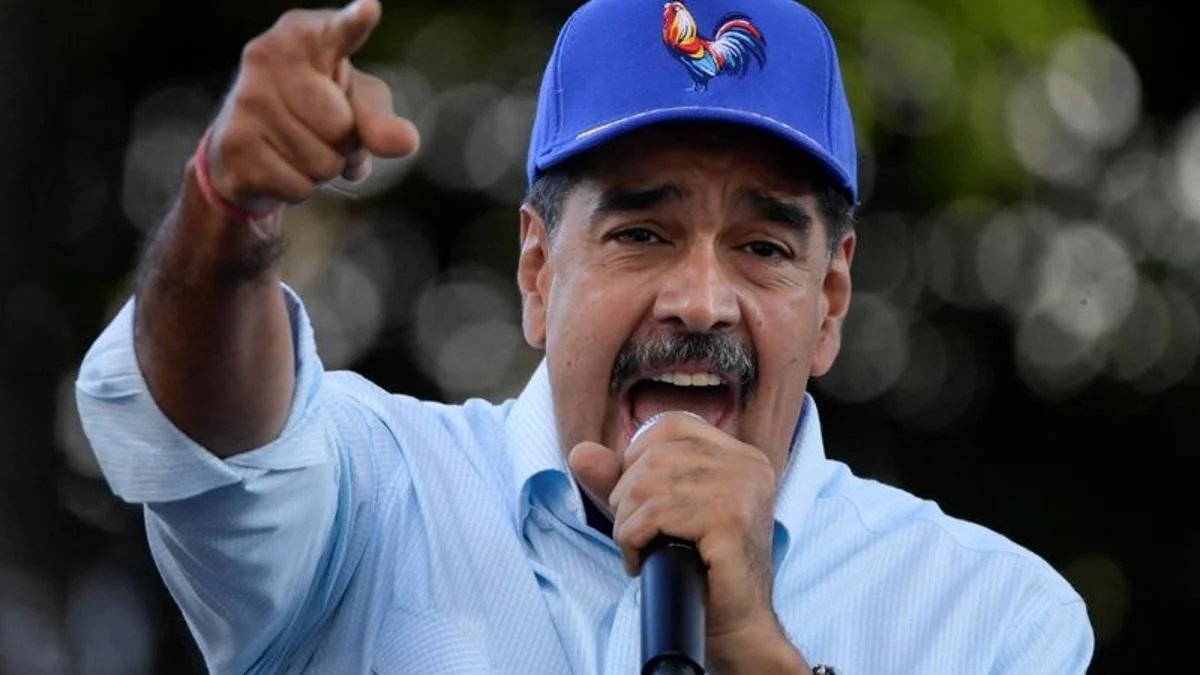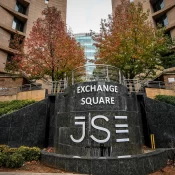
The prospect of Venezuelans for change diminishes as diplomacy fails
According to voters, the departure of former Venezuelan opposition presidential candidate Edmundo Gonzalez has significantly diminished the likelihood of political change, as long-standing President Nicolas Maduro disregards international criticism regarding the handling of the disputed election in July.
According to Venezuela’s highest court and election officials, socialist Maduro, who has been in power since 2013, emerged victorious in the July 28 election. The opposition asserts that the statistics gathered by its observers indicate a resounding victory for Gonzalez.
Gonzalez departed Venezuela over the weekend after being threatened with arrest; some other Venezuelans are already considering the same course of action.
Post-election protests have dissipated, and punitive measures from abroad have not yet materialized. Consequently, those who remain have largely abandoned any prospect of a transition.
“I had hoped for a change, but I am now uncertain; it appears that we will follow in the footsteps of Cuba,” stated Ender Lopez, a 56-year-old educator in Valencia, a central Venezuelan city. His two offspring have already migrated.
“Some people have faith in international diplomacy, but now I don’t think they’ll do anything,” Lopez emphasized.
In recent years, over 7.7 million individuals have departed Venezuela, and an increasing number are preparing to become a part of its thriving global diaspora.
Alejandra Medina, a migrant who resided on the ground with her sons, aged four and two, in Pacaraima, a Brazilian border town, stated, “I am in search of a more fulfilling existence.”
According to the Federal Police of Brazil, the number of Venezuelans who arrived in Pacaraima in August increased from 8,050 in June to 12,325.
SHADOW GOVERNMENT
Maria Corina Machado, a former opposition leader and lawmaker, exhorted countries to recognize Gonzalez as the president-elect on Monday. She previously expressed her desire for the international community to take a more active role in the process, stating that Gonzalez would continue to advocate for change from Spain, where he has sought asylum.
However, Venezuela has previously encountered this situation. In 2019, former opposition leader Juan Guaido established a parallel government, which was endorsed by numerous Western democracies, on the grounds that Maduro’s 2018 reelection was illegitimate.
The endeavor was unsuccessful. Guaido ultimately retreated to the United States, the opposition suspended the shadow government, and diplomatic efforts were redirected toward parallel negotiations between the opposition and the government, as well as the United States and the government.
As a result of those discussions, a deal on election conditions was signed in Barbados last October, dozens of Venezuelans affiliated to the opposition and 10 Americans were released, and U.S. sanctions were temporarily reduced.
The detente was brief, as it was shattered even prior to the election. In April, the United States announced that it would reinstate restrictions on the energy industry as a consequence of Maduro’s failure to fulfill his election obligations.
U.S. officials have defended Washington’s recent circumspect response, asserting that they are coordinating any future action with regional and international partners.
MISGIVINGS OF MIGRATION
However, individuals who are knowledgeable about the situation believe that Washington’s options are restricted and that Venezuela is competing for attention with foreign policy priorities such as the Israel-Hamas conflict, Russia’s war in Ukraine, and China’s increasing influence in the Indo-Pacific.
Sources have indicated that the Biden administration is in the process of finalizing a list of Venezuelan officials and their families who would be subject to individual sanctions and U.S. visa restrictions. However, no official announcement has been made.
U.S. officials have privately expressed concerns regarding actions that could significantly harm Venezuela’s already fragile economy, as they are concerned that this could lead to an escalating influx of migrants to the U.S.-Mexico border. The close U.S. presidential campaign has made migration a contentious issue.
A spokesperson for the White House National Security Council reiterated the administration’s posture on Monday, acknowledging that the U.S. was “considering a range of options” in response to criticism of the U.S. for acting too slowly and whether any action taken now might be too little, too late.
BancTrust, a London investment bank, stated in a Monday note that negotiations with Maduro were unlikely until after the Nov. 5 U.S. election.
“If Maduro’s downfall was imminent or if negotiations on a transition were ongoing, (Gonzalez) would not have left the country, in our view,” according to the report.
Mariano de Alba, a Venezuelan jurist and international politics expert, predicted that the Venezuelan government and military, which have historically supported Maduro, will require an adequate amount of internal pressure to facilitate any discussions.
He stated that the diplomatic community is concerned that the instruments of international pressure may have a detrimental effect. He also suggested that an excessive amount of external pressure could serve to further unify the government.
In recent weeks, Brazil, whose president has historically maintained more cordial relationships with Maduro, has intensified its criticism.
On Saturday, Venezuela’s government revoked Brazil’s authorization to represent Argentine interests in the country, which included the administration of the diplomatic residence where six opposition figures are currently harboring. This action was met with condemnation from Argentina and astonishment from Brazil.
The opposition’s position was undermined by Gonzalez’s departure, according to a Brazilian diplomatic source on Monday.
The source further stated, “We comprehend the reason for his departure.” “But it makes Maduro stronger.”
All Categories
Recent Posts
Tags
+13162306000
zoneyetu@yahoo.com


